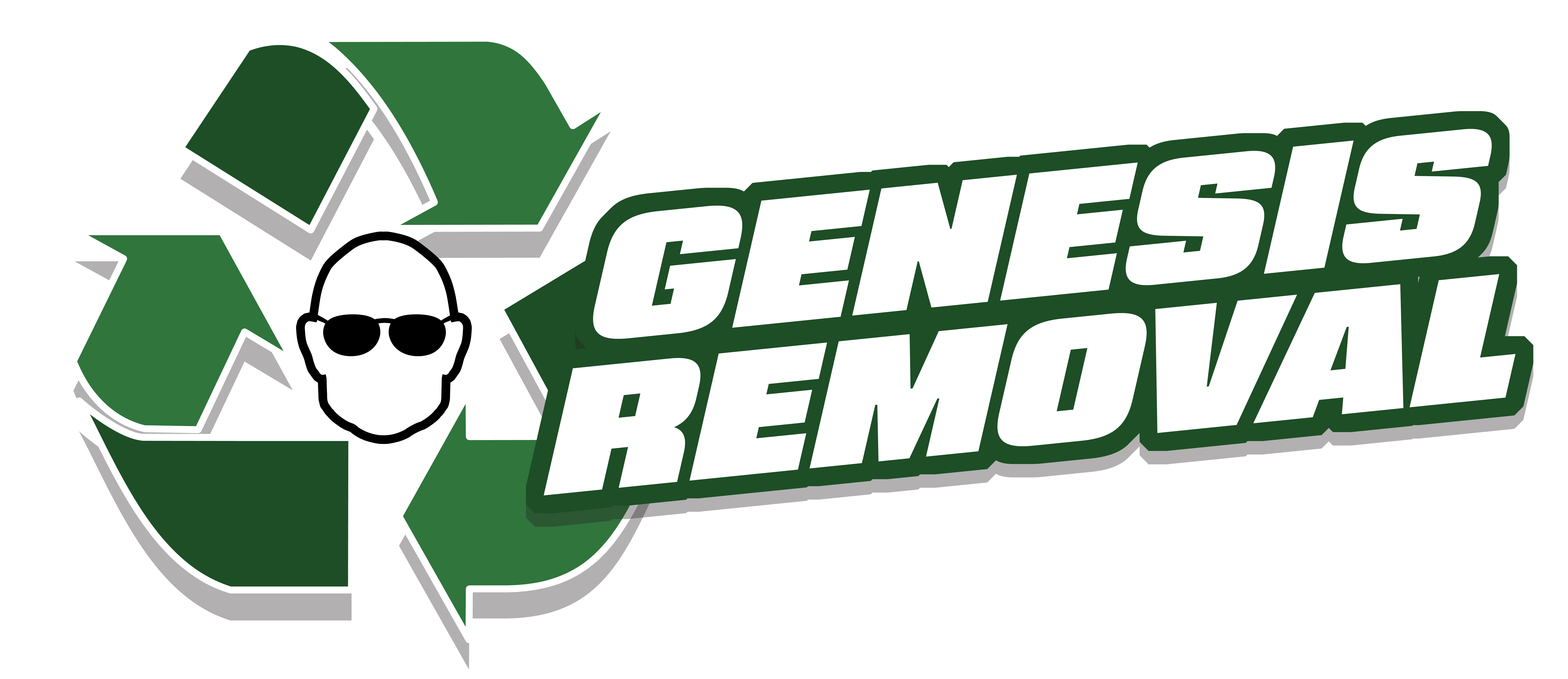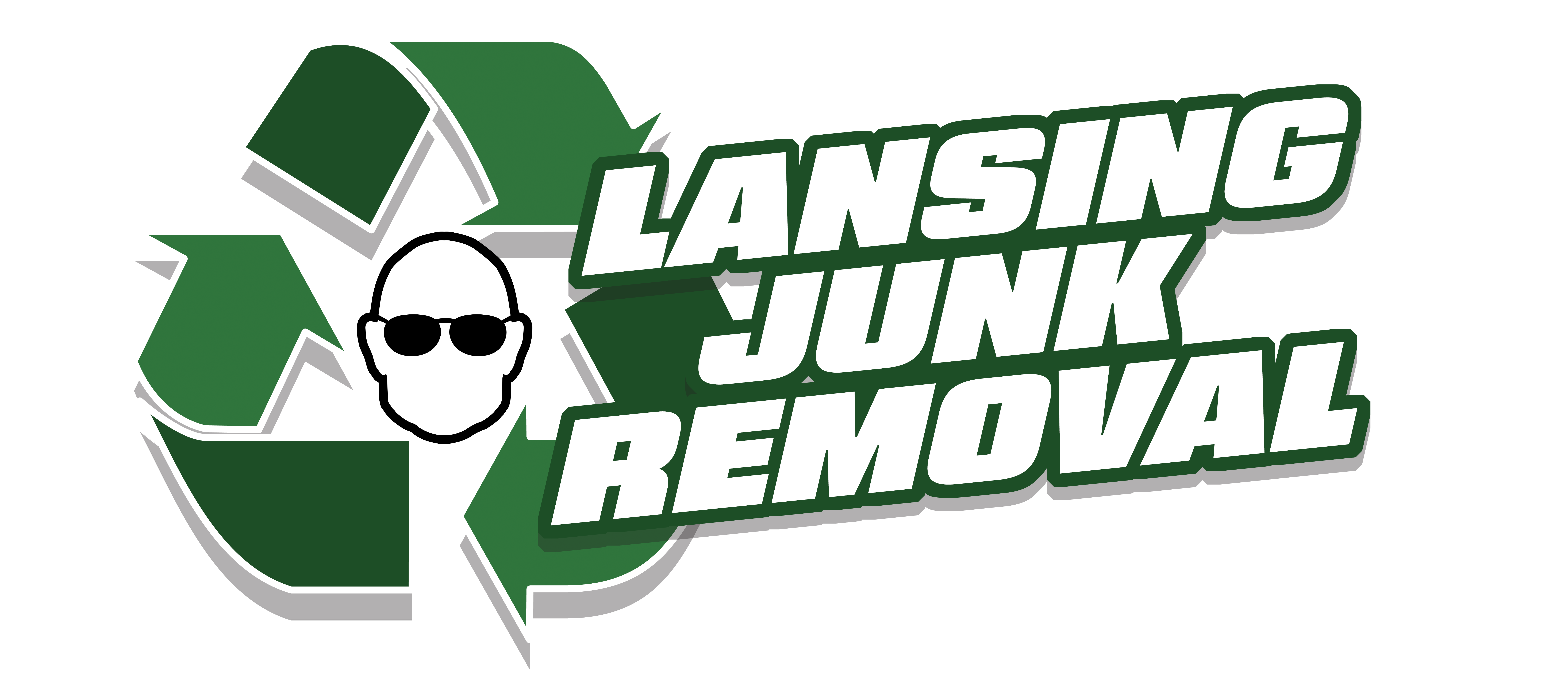Clean organized, and efficient workspaces play a key role in business success. But cleanout approaches differ a lot across industries. Each field has its own hurdles, rules, and needs when it comes to managing mess and getting rid of unwanted stuff. This article will look at effective business cleanout strategies for various industries, to help you make the most of your workspace and get more done.
Retail Sector
Retail businesses always struggle to manage stock, displays, and seasonal items. A good cleanout strategy for retail should include:
- Regular inventory audits: Check your inventory to spot items that don’t sell well or are out of date.
- Seasonal rotations: Set up a system to store and rotate products that are popular during certain times of the year.
- Display refresh: Update and clean your display areas often. Get rid of broken or old fixtures.
- Back room organization: Keep your stockroom tidy. Use clear labels and store things .
- Donation programs: Team up with local charities in your area to give away items you can’t sell but are still good to use.
Office Environments
Offices get messy fast. Old tech and extra paperwork pile up . Here are some ways to clean out an office:
- Digital transformation: Turn documents into digital files to cut down on paper mess.
- Equipment assessment: Check and update tech often recycling old gadgets .
- Desk organization: Start a tidy desk rule and give storage for personal stuff.
- Communal area refresh: Clean up and rearrange shared spots like meeting rooms and lunch areas often.
- Archiving system: Create a clear plan to store needed paper files and get rid of unneeded ones.
Manufacturing and Warehouses
These industries work with big machines raw goods, and finished products. Cleanup plans should zero in on:
- Equipment evaluation: Check machines often to see if they’re old or not working well.
- Inventory management: Use just-in-time inventory to cut down on extra stock.
- Waste reduction: Start recycling programs for things like metal, plastic, and packaging.
- Safety compliance: Make sure cleanouts follow safety rules and make the workplace safer.
- Space optimization: Change floor plans to use space better and store more.
Healthcare Facilities
Cleanouts in healthcare need to be done because of concerns about cleanliness and privacy:
- Medical waste management: Put into action correct methods to get rid of materials that pose biological hazards.
- Equipment sterilization: Clean and disinfect medical tools often, getting rid of old items.
- Record management: Get rid of old patient records to follow HIPAA rules.
- Pharmaceutical inventory: Get rid of old medicines the right way and keep drug storage in order.
- Infection control: Do thorough cleaning and throw away things that might have germs.
Hospitality Industry
Hotels, restaurants, and other businesses in hospitality get better with regular cleanouts to keep a new inviting feel:
- Linen and textile management: Check and swap out old linens, curtains, and upholstery.
- Furniture rotation: Look over and replace furniture in guest rooms and common areas.
- Kitchen equipment audit: Clean and keep up kitchen equipment swapping out inefficient or broken items.
- Decor updates: Spruce up decorative elements to keep spaces fresh and attractive.
- Storage optimization: Tidy up and clear out storage areas for housekeeping and maintenance supplies.
Educational Institutions
Schools and colleges gather a wide range of items as time goes by. Cleanout plans should include:
- Textbook and library management: Update books often and give away or recycle old ones.
- Laboratory cleanouts: Get rid of chemicals and upgrade scientific tools.
- Sports equipment assessment: Check and swap out worn or broken sports gear.
- Classroom furniture audit: Swap out broken desks and chairs, and improve classroom setups.
- Art supply organization: Go through and toss dried paints broken tools, and other art stuff.
Construction and Contracting
The building trade deals with a steady stream of materials and gear. Cleanout plans should zero in on:
- Material management: Check and store or throw away extra building stuff .
- Equipment upkeep: Fix clean, or get new tools and machines when needed.
- Jobsite tidiness: Set up a way to keep working sites neat and in order.
- Waste reuse: Start plans to reuse building waste like wood, metal, and concrete.
- Paper handling: Keep project files in order and get rid of old blueprints and permits.
Technology Companies
Tech businesses often pile up old hardware and software. Their cleanup plans should cover:
- Hardware recycling: Get rid of or recycle old computers, servers, and other electronic devices .
- Software audit: Cancel unused software licenses and keep systems up to date .
- Cable management: Tidy up and remove unneeded cables and wiring.
- Data destruction: Wipe data from devices before you throw them away or recycle them.
- Prototype cleanout: Check and throw out outdated product prototypes and testing materials often.
Putting Your Industry-Specific Cleanout Strategy Into Action
No matter what industry you’re in putting an effective business cleanout strategy into action needs planning and dedication. Here are some tips that work for everyone to make sure you succeed:
- Plan cleanouts on a regular basis: Don’t let junk pile up. Make a schedule to clean out your space .
- Get your team involved: Ask your employees to help out. This makes sure you cover all areas and helps create a tidy workplace culture.
- Team up with experts: Think about working with professional junk haulers like Genesis Removal. They can help you get rid of stuff in a quick and proper way.
- Keep track of what you do: Write down what you throw out and any new ways you set up to stay organized.
- Keep an eye on things: After you clean up, check in often to make sure everyone sticks to the new organizing methods.
By adjusting your cleanout plan to fit your industry and sticking to these basic rules, you can make your workplace more productive, safer, and efficient. Keep in mind, a tidy space isn’t just about looks – it’s about boosting your business performance and laying the groundwork for success.



